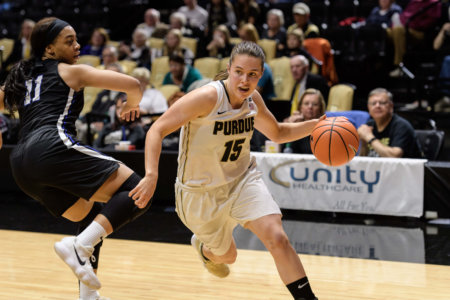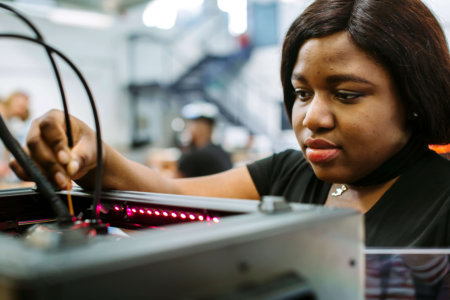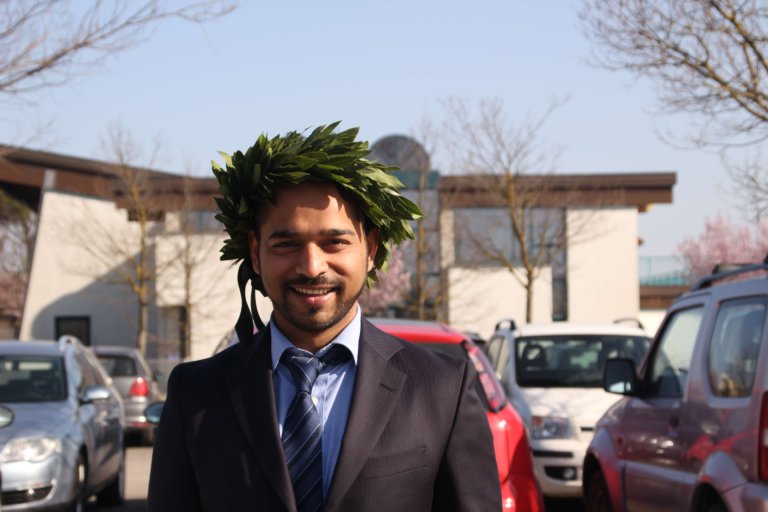
Abhijit Deka’s initial goal was to shoot for the moon. Drawn by everything Italy had to offer, The Northeastern Indian signed up for a degree in aerospace engineering at the University of Bologna. After he graduated, he moved to Rome to seek a job in this field. The six-month search proved futile — at first.
When Deka moved back to Bologna, it was for a job unrelated to his field — but it turned out to be no less exciting. He is now involved in the R&D of F1 racing, with the added bonus of working closely with the Ferrari F1 racing team. “This has never been my dream, but frankly I do feel like I am living in one,” he shares.
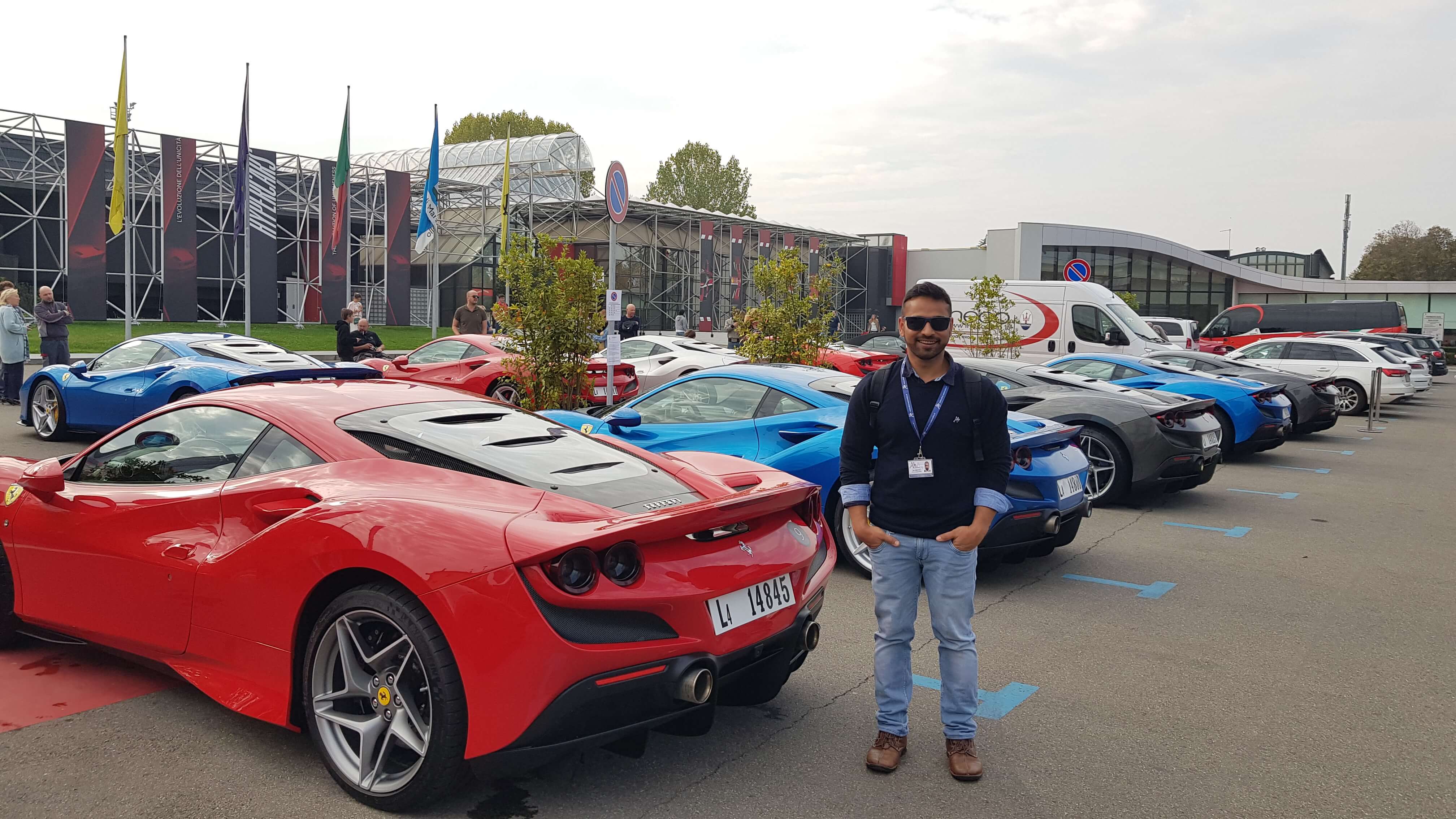
” I have always been passionate about aerospace — flight, in general, is fascinating to me,” he says. Source: Abhijit Deka
We caught up with Deka to learn more about his degree, his F1 career and what “la dolce vite” in Italy is all about:
What made you choose to study abroad?
Three main reasons: the travel opportunity, passion for the international lifestyle and how economical it was compared to other programmes around the world. I have always been passionate about aerospace — flight, in general, is fascinating to me.
Space exploration always brings a sense of euphoria so naturally, I should have studied aerospace for my bachelor’s. However, due to prevailing circumstances, the field I ended up choosing was mechanical engineering.
Contrary to what people may think, education in Europe can be considerably cheaper than in India and many non-European countries, provided you qualify for scholarships. That’s exactly what happened to me. Besides, the prestige of the University of Bologna being the oldest in the world, drew me in.
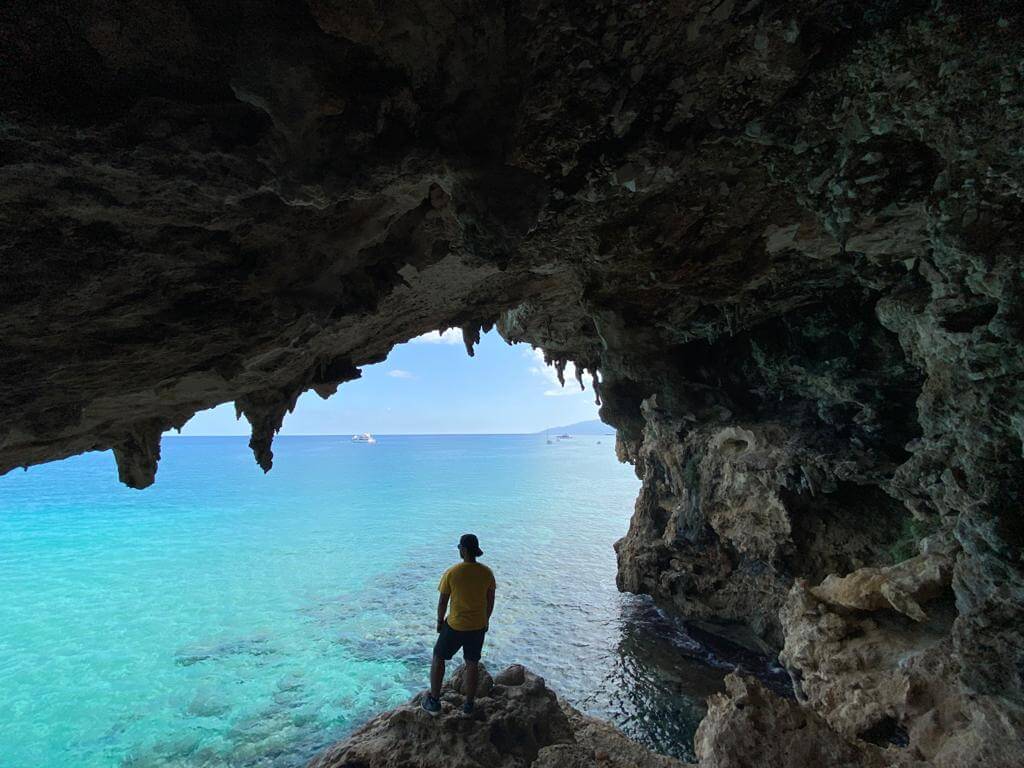
The crown jewel for Deka would definitely be Italy’s pristine beaches with silky sand. Here, he found that it’s actually a punishable offence to take Sardinian sand out of Sardinia. Source: Abhijit Deka
Additionally, like many others, I wanted to see the world. Studying and working in Europe makes this a lot easier economically and geographically. Having a Schengen visa allows free and unrestricted movement to other continents (across 26 European countries).
What do you like most about Italy?
I consider the country very unique in the sense that despite being a very small country, it has many contrasting aspects to offer. This ranges from incredible architecture, mountains, beaches, historic sites, and so forth.
This is why I think it is also so popular among tourists because it can satisfy everyone’s travel choices. Another thing I like about Italy is the food. Food is a very serious business for Italians and that profoundly reflects in their soul-satisfying dishes. The social life here is considerably less sophisticated than the rest of Europe, so coming from India, it works quite well for me.
Walk us through your career trajectory since graduating from the University of Bologna. How did you land an F1 career?
After I graduated, I shifted to Rome because I thought it would be comparatively easier to find a job in a bigger city. However, I was proved wrong. Like many other countries, it’s quite difficult to find a job as a fresher in Italy.
More so if you’re a foreigner who doesn’t speak Italian. After six months of searching, I got a job in a Alma Automotive Srl in Bologna so I moved back. It wasn’t really aligned to my field but as I continued working, I started liking it.
My work involves research, development and analysis in the field of F1 racing and it’s quite exciting. The best part of it is that I get to work closely with the Ferrari F1 racing team which brings a sense of pride to the role.
This has never been my dream, but frankly I do feel like I am living in one. Besides this role, I am also working on a research project with my professor on plasma thrusters for spacecraft propulsion. Through this research we hope to establish new theories to improve plasma propulsion.
What are your top three favourite things about Bologna?
Firstly, it has a great balance between being a sprawling city and having a firm hold on its history. Secondly, Bolognese food is famous all over the world and what better place to stay if you’re a food fanatic? Lastly, Bologna being in nearly the centre-North of Italy gives you easy access to the rest of Europe.
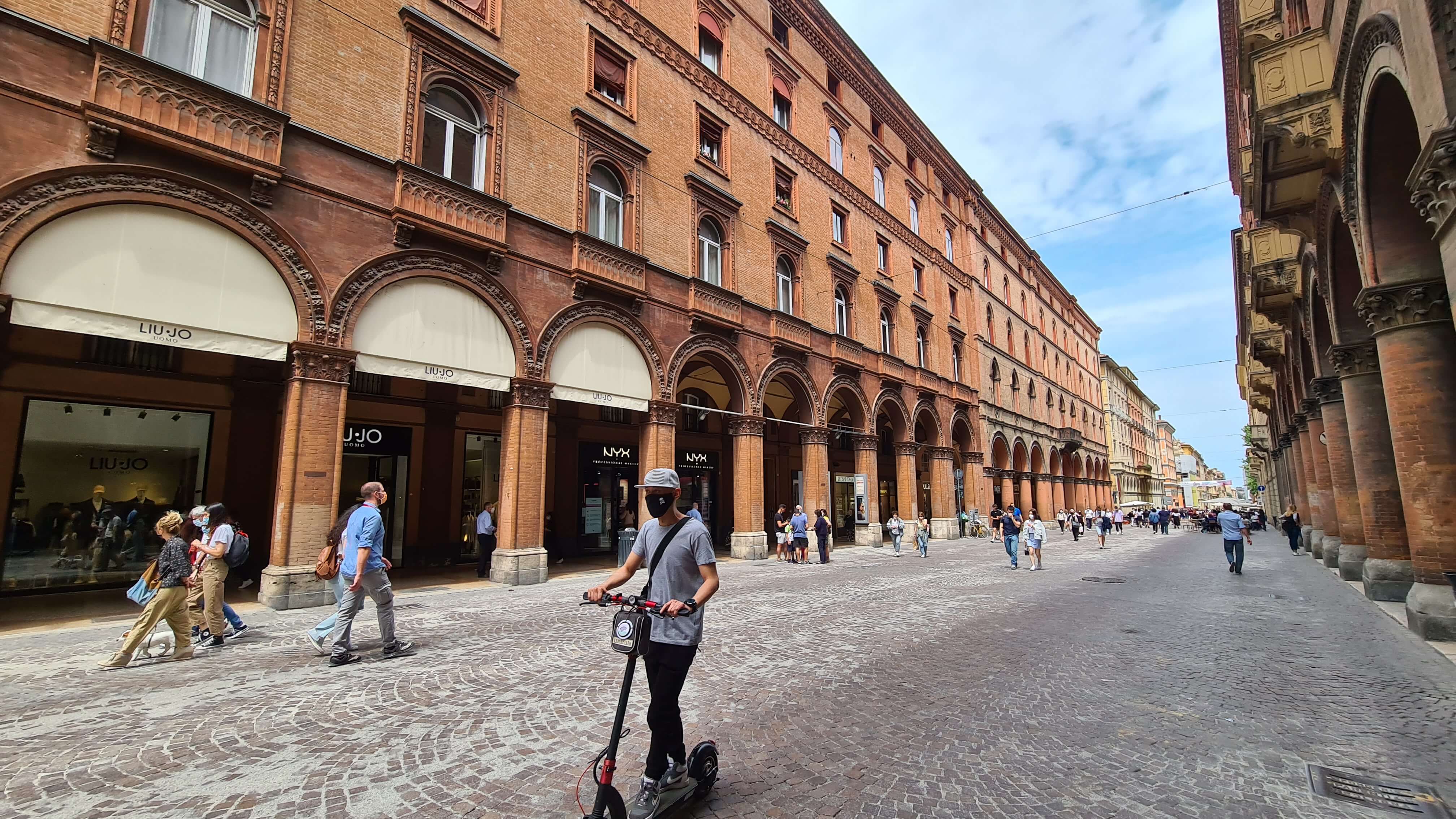
Bologna is home to the oldest university in the world. Source: Abhijit Deka
What has been your most memorable experience in the country thus far?
It’s quite challenging to single out one such experience. But if I had to, it would be my visit to Sardinia, an island in the south which was a truly ethereal experience. I want to go back every summer!
It has some of the best beaches in the world along with great trekking routes and delicious food. The crown jewel would definitely be the beaches though which are kept really clean and are famous for the silky sand. It’s actually a punishable offence to take Sardinian sand out of Sardinia!
What about your hometown? What can you tell us about it?
I come from the Northeast of India which is mostly known for its rich, natural flora and fauna. It’s comparatively less industrialised and consequently less polluted. You’d need to visit the Kaziranga National Park — world heritage site — that houses rare animals and is famous for the Asian one-horned rhinoceros.
You’d also need to visit Cherrapunji, one of the wettest places on earth, which has many serene lakes and beautiful untouched forests for hiking. A boat trip across the Dawki Lake can be a memorable experience as well.
Last but not least, Tawang at 3,000 metres is a complete snow-covered paradise. The town there reflects the Buddhist culture and traditions. It also has the largest monastery in India that dates back to the 1600s.
Have you explored the Italian region? Which location stood out to you?
Having lived here quite some time now, I have explored a fair bit of the Emilia Romagna region. I’ve grown a special appreciation for the great dining experiences the region has to offer. The borders between Emilia Romagna and Tuscany are full of vineyards and great food.
The food is special because it’s straight from the farm. A typical experience would be to sit among the vines and enjoy the pleasant view with delicious food paired with the most delicious wines. Although it might sound like your usual “food-and-wine day out,” each new place has its own unique vibe and all of that makes each experience stand out.
What’s the local food from India compared to Italy like? Name your most and least favourites.
India is too big to have common local food so I’ll talk about my region where it’s Indian and Burmese influenced. Various fish preparations are quite popular due to the presence of the Brahmaputra River. Pork preparations have a special place in the hearts of my people and it’s usually mixed with green leaves and herbs for dishes. Rice is a staple too— it absorbs the flavour of the many ingredients of the curries and sauces.
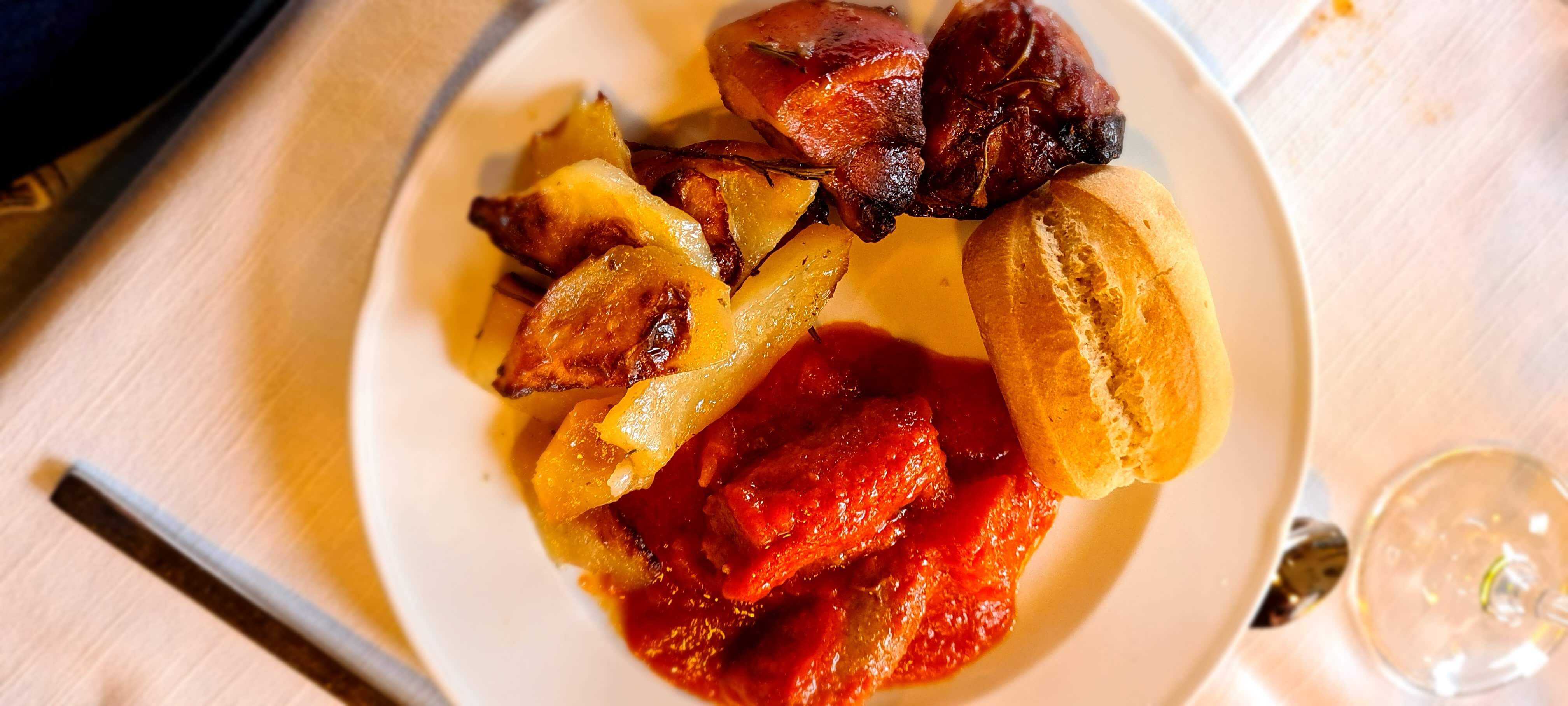
Italy’s pork preparations are some of the best in the world, Deka says. Source: Abhijit Deka
Italy is a paradise for meat and cheese lovers where the local food is usually subtle and has few but distinct flavours. Their pork preparations are some of the best in the world. Of course Italian wine, pizzas and pastas are world famous.
What I can say is that if there’s any country that can offer you food so great that it won’t make you miss home so much, it would be Italy. My favourite would be the “porchetta” (a whole pig spiced with herbs and slow-cooked). My least favourite (illegal but popular in Sardinia) would be the “casu martzu” (a cheese that has live maggots).
Is it hard for a foreigner to order food or strike up a conversation with the locals?
In terms of linguistic barriers, communication would be a problem in small Italian towns. While in big cities (like Rome or Milan) English is quite prevalent. People in the northern regions speak comparatively better English.
I must mention that sign language is quite a thing in Italy and you can usually get by with pointing out things you need. However, if you want to know the ingredients of say a food dish, it might be tricky as many Italian foods have no English equivalent.
Ordering food online is just as easy as any country that has such services. To strike up casual conversations with older locals is quite hard if you don’t know Italian. The younger generation are quite okay with English and generally seem to be interested in talking to foreigners.
What cultural sites have you explored in Bologna?
I have seen almost everything the city has to offer. Some of the most famous being the “Piazza Maggiore” (city centre) which has the San Petronio Church from the 1300s. The “piazza” also had the famous “Fontana di Nettuno” (Fountain of Neptune) which was built in the 1500s and the trident in the statue later became the emblem of Maserati.
Nearby, there is also “Due Torri” (the tower couple). One of the tallest towers of those times and till date offers the best bird’s eye view of the city. These towers have now become an icon. Besides this, the University of Bologna itself is a cultural and social marvel.
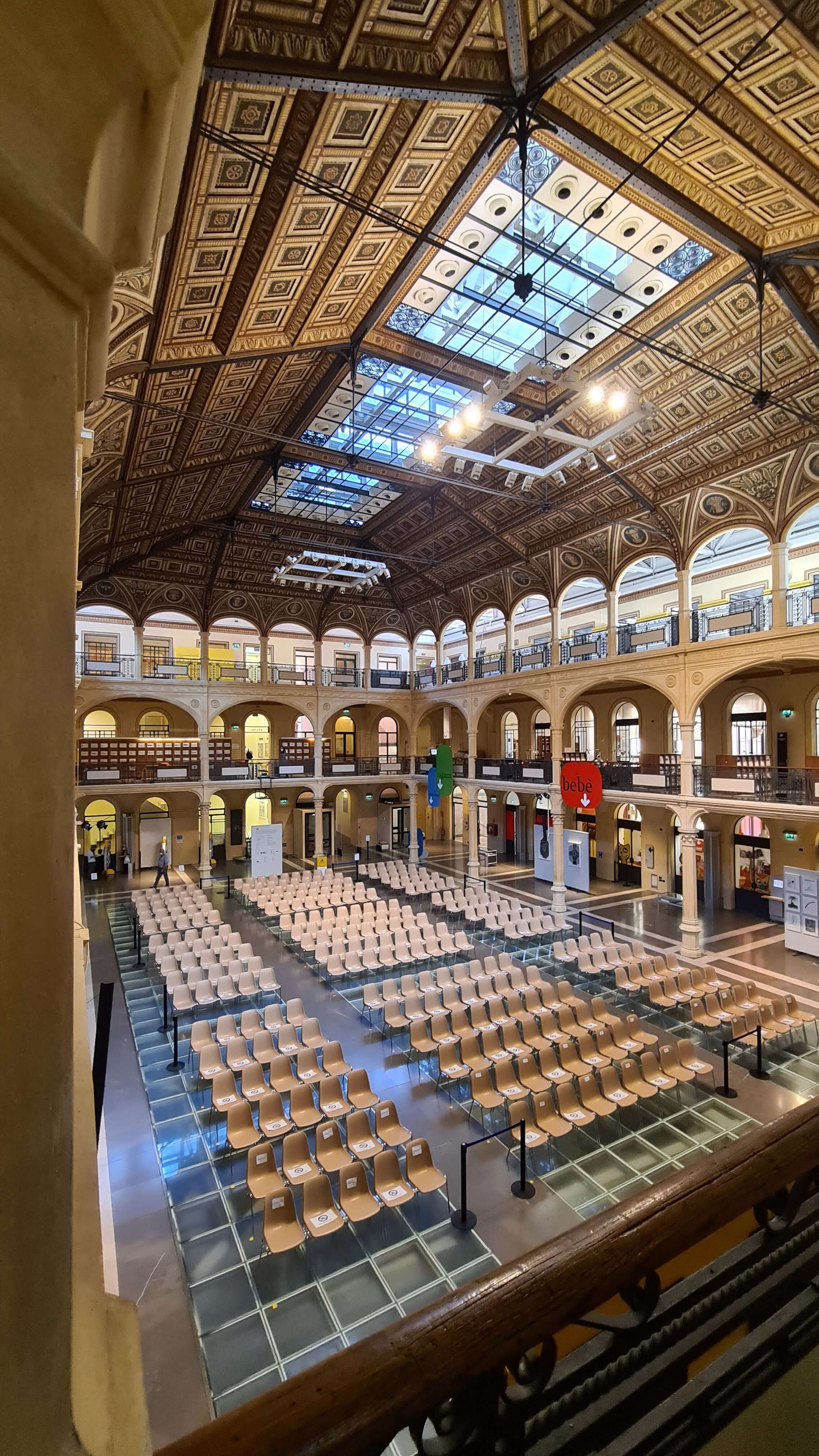
The Bologna public library is an attraction on its own. Source: Abhijit Deka
Bologna is famous for its “porticos” (arched structures outside the main building) which spread around the city for about 40 kilometres. They have historically provided people refuge from the natural elements and add to the spectacular beauty of the city.
These sites prove how carefully the Italians have preserved their history. If someone buys a house that has been listed as historical, they would be forbidden to change the external structure. This has led to the preservation of the architectural integrity of Bologna and still looks the same compared to the 1800s.
What’s one thing you missed from home and how did you substitute it?
I miss my family and friends a lot but that can’t be substituted. Besides that, I miss food from home which made me learn to cook Indian food. The non-European restaurants in Italy are pretty sub-standard so if you miss food from your home country, the best option would be to learn how to make it yourself.
I miss the social life I had in India which was a challenge to recreate in Italy. I substituted that with outdoor activities. This doesn’t mean you can’t have a fulfilling social life in Italy, it just takes longer and might not be the same as back home.
What advice do you have for international students looking to study in Italy?
For aspiring students, I would say to have an open mind. Be acceptable and adaptable to rapidly changing situations (whether good or bad). Be aware that as you move abroad, complicated bureaucracy will become a part of your day-to-day life.
Most importantly, be sure and clear about your goals and what you are really passionate about. Ups and downs are inevitable but the downs are where your passion will make everything worth it. Consider learning Italian early on — this has many benefits. Finding a job and socialising will be easier.
Lastly, any tips to manage budgets abroad?
Usual tuition fees for most courses in Italy is 3,000 euros per semester but this can be significantly reduced depending on the economic situation of the student. Also, there are many scholarships available from the Italian government, unis and some private organisations. Living expenses really are person and city-specific but I would say 300 to 400 euros per month should suffice.









